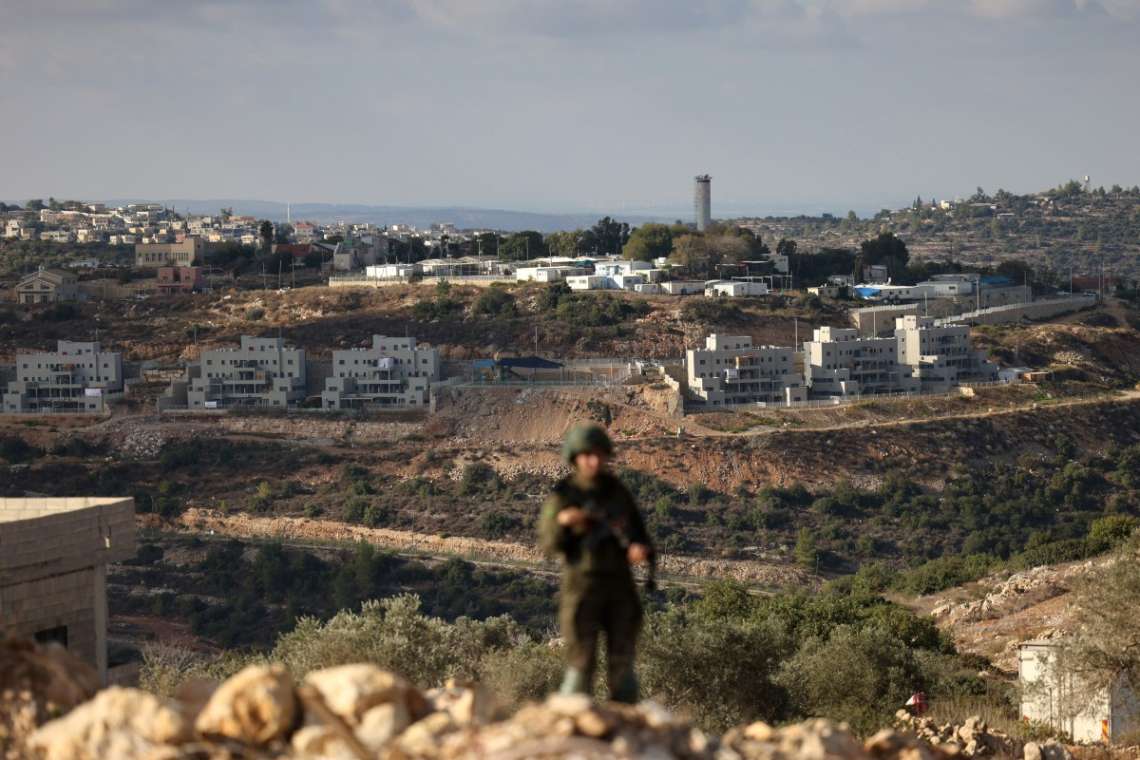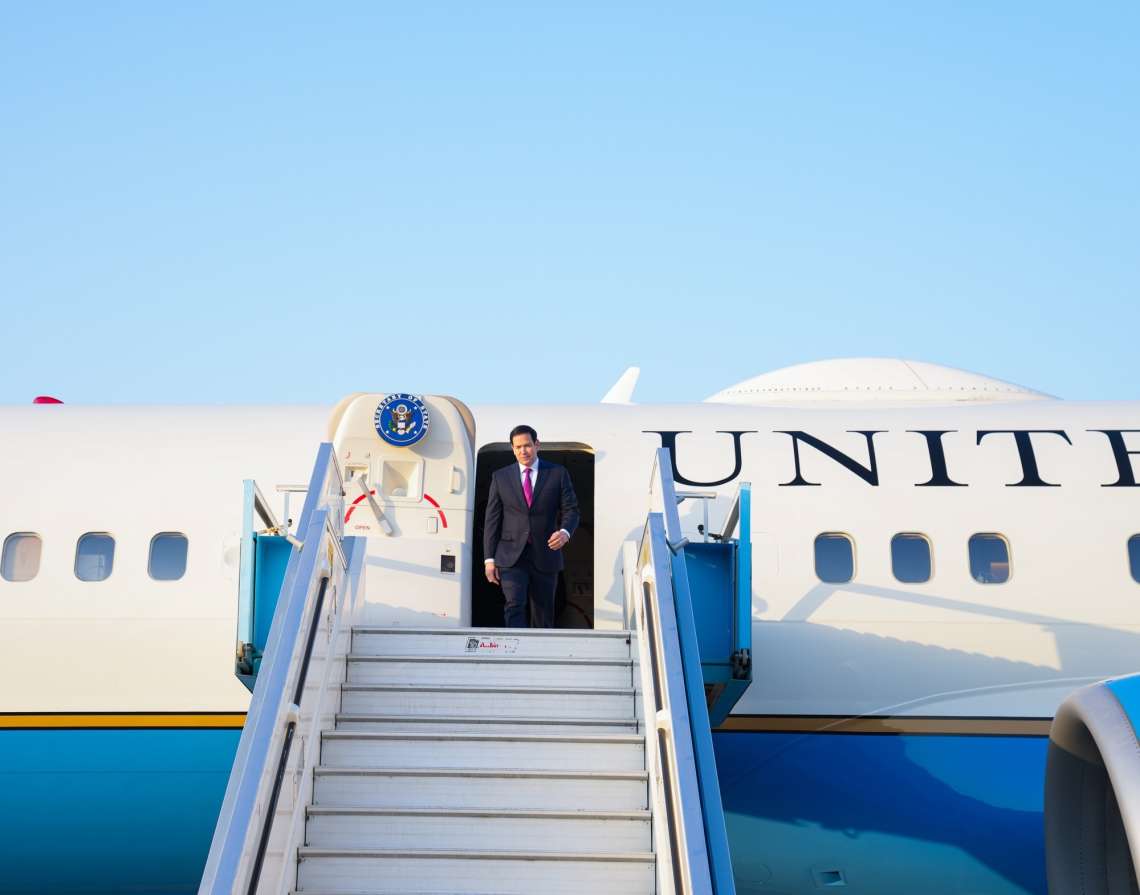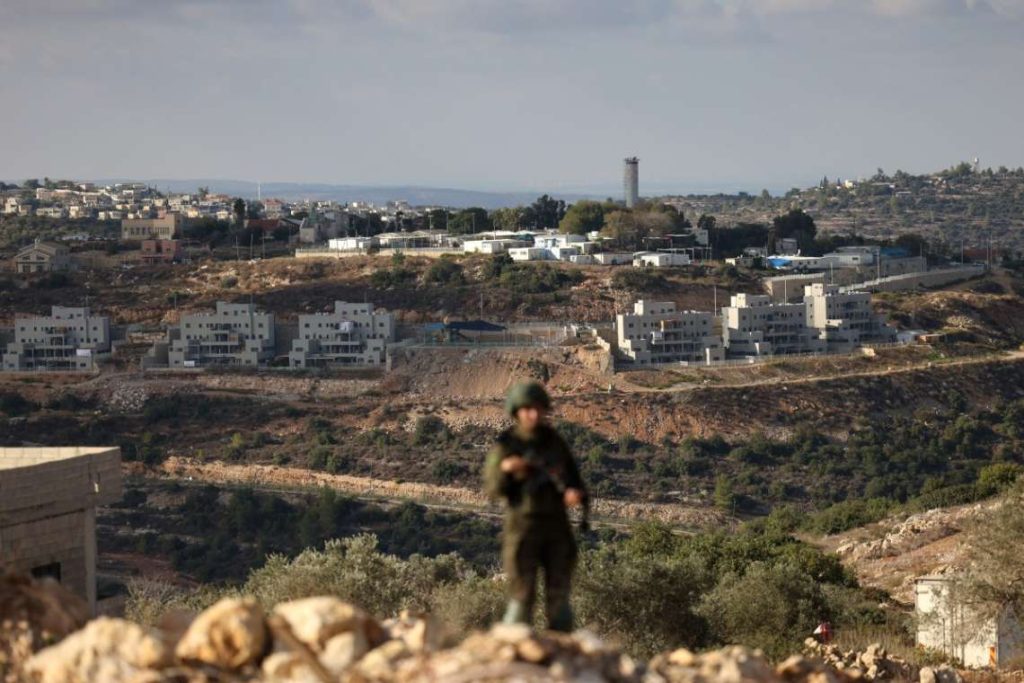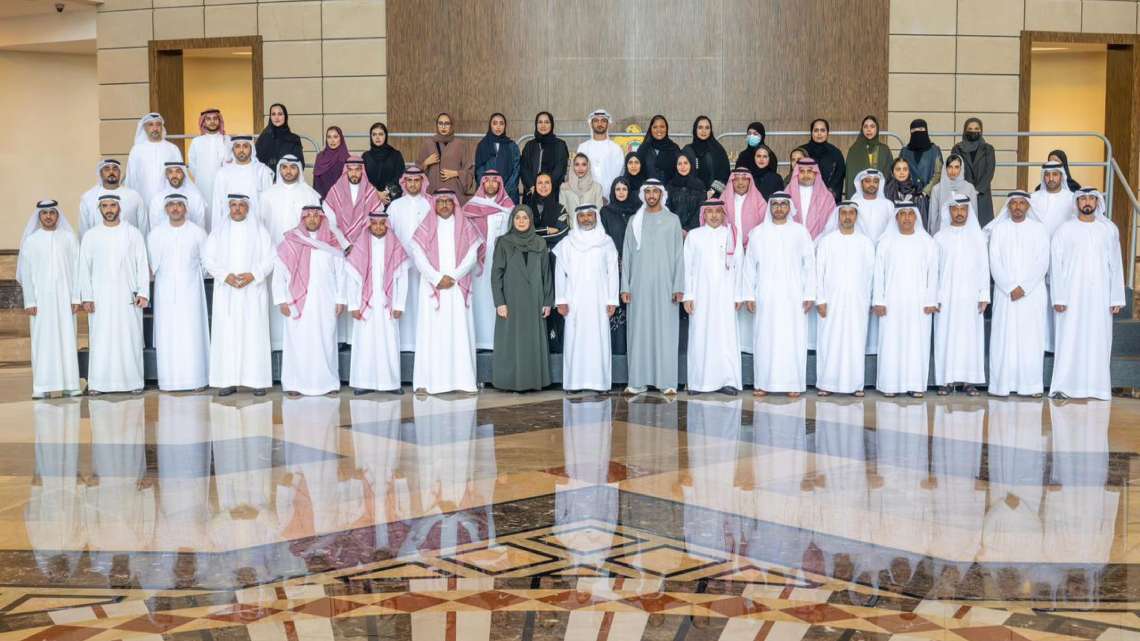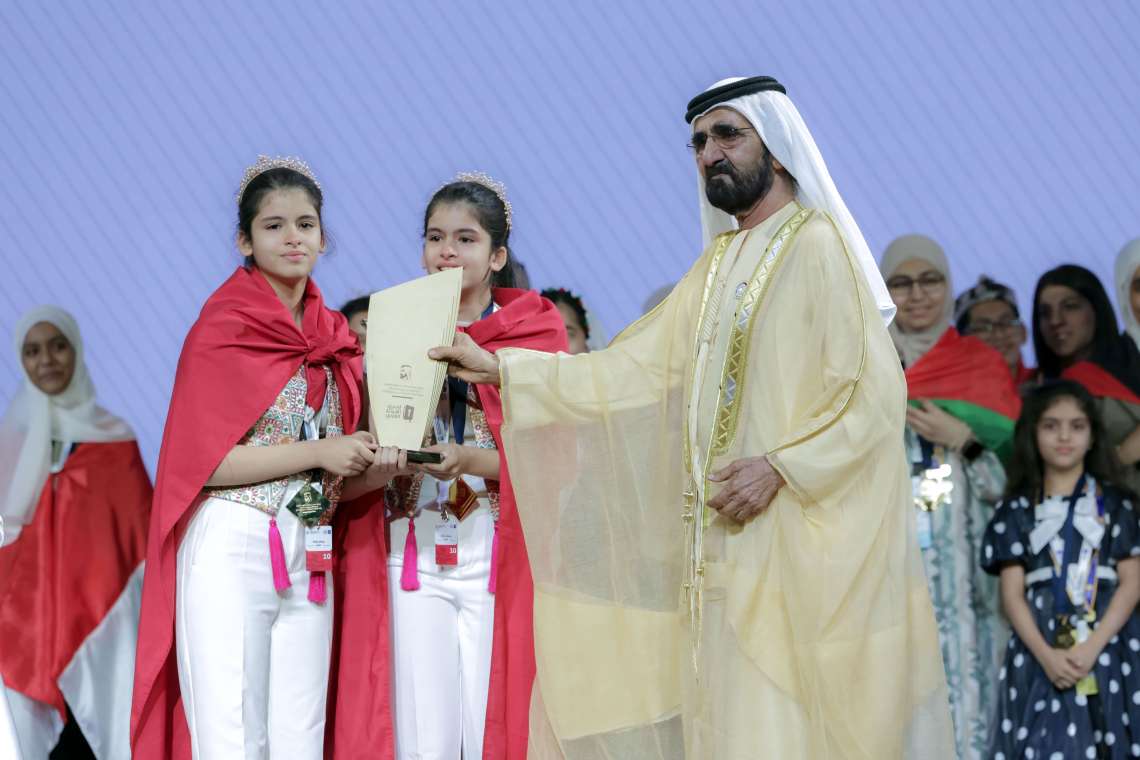The International Court of Justice says Israel must uphold human rights and ensure humanitarian aid reaches Palestinians, adding moral pressure on Tel Aviv amid Gaza’s worsening crisis….reports Asian Lite News
The International Court of Justice (ICJ) has declared that Israel is obligated under international law to uphold human rights in the occupied Palestinian territories and to work with United Nations agencies and other humanitarian organisations to provide essential relief to civilians.
The ruling, issued on Wednesday in The Hague at the request of the UN General Assembly, carries no binding force but holds major moral and political weight. It marks a rare rebuke by the world’s top judicial body, reinforcing global pressure on Israel amid the ongoing humanitarian crisis in Gaza.
Reading the opinion, ICJ President Yuji Iwasawa said that Israel, as the occupying power, “must respect the prohibition on the use of starvation of civilians as a method of warfare” and ensure that food, water, fuel, medical supplies and other essentials reach the Palestinian population. The court further stated that Israel must cooperate with the UN Relief and Works Agency (UNRWA), which provides aid and social services to millions of Palestinians.
The advisory opinion follows months of appeals by UN agencies warning of famine in Gaza, where Israel’s restrictions on aid deliveries during its military campaign against Hamas have left civilians facing hunger and deprivation.
While the decision is legally non-binding, it strengthens calls for accountability and highlights the widening diplomatic divide over Israel’s actions. Israel’s foreign ministry denounced the opinion as the “politicisation of international law,” claiming it was designed to “produce political outcomes.”
Israel’s Permanent Representative Danny Danon posted on X, formerly Twitter: “While The Hague accuses Israel, it deliberately ignores the war crimes of Hamas and the role of UNRWA, which has long become a breeding ground for terror in Gaza.”
The United States echoed Israel’s objections, calling the ruling a “nakedly politicised non-binding opinion” that “unfairly bashes Israel and gives UNRWA a free pass for its deep entanglement with Hamas terrorism.”
However, UN Secretary-General António Guterres welcomed the court’s findings. “The Secretary-General strongly urges Israel to comply with its obligations in relation to the presence and activities of the United Nations and other humanitarian actors in the Occupied Palestinian Territory,” said his spokesperson, Stéphane Dujarric.
Deputy Spokesperson Farhan Haq added that Guterres viewed the opinion as “decisive” amid ongoing UN efforts to boost humanitarian aid in Gaza. “This decision comes at a time when we are doing everything possible to address the tragic situation in which the people of Gaza still live,” he said.
The advisory opinion was requested by the UN General Assembly in December 2024, following Israel’s new laws banning UNRWA operations and restricting contact between its officials and Israeli authorities. The resolution passed overwhelmingly, with 137 votes in favour, including India, 12 against, and 22 abstentions.
The ICJ’s findings expand on its earlier 2024 opinion declaring Israel’s continued occupation of the West Bank, Gaza, and East Jerusalem — territories seized in 1967 — as unlawful. Together, these rulings underscore the court’s growing criticism of Israel’s conduct and its obligations as an occupying power.
The court also urged Israel to lift restrictions on humanitarian access and to facilitate the delivery of assistance from UN agencies and other organisations. According to UN-backed data, before this month’s ceasefire, more than 640,000 Palestinians were facing catastrophic food insecurity, with Gaza City suffering what experts called an “entirely man-made famine.”
Israel has rejected the famine declaration, insisting that it has allowed sufficient aid to enter Gaza. But the ICJ’s ruling adds fresh international scrutiny, warning that starvation cannot be used as a weapon of war.
While Israel is not legally bound to act on the advisory opinion, the decision increases political and diplomatic pressure. For the UN and rights advocates, it represents a victory for humanitarian law — and a moral reminder of the international community’s responsibility to protect civilians in times of conflict.


